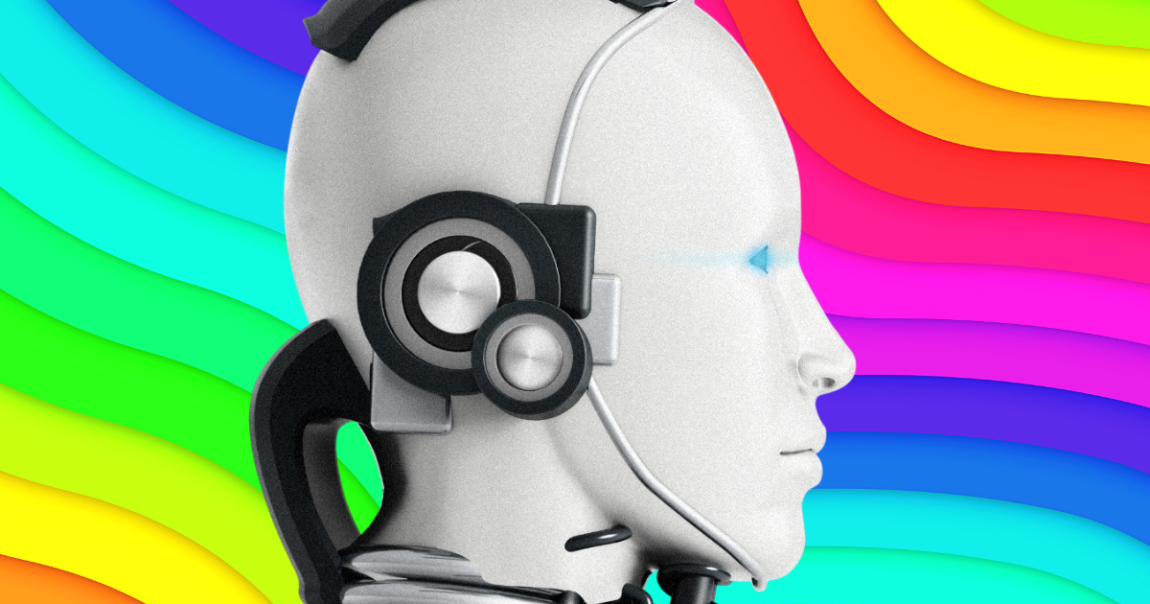
Tripping Balls
Friends sick of the terrible jokes you make when you’re stoned? We’ve been there. But now there’s an AI that wants to hear all about what happened when you were under the influence.
Two researchers and psychiatrists published a new study this week in the journal Science Advances that details their quest to better understand how 27 types of drugs including ketamine, MDMA, LSD and psilocin affect the human brain and mental wellbeing.
“Psychiatry needs a Rosetta stone to translate a patient’s psychiatric symptoms into molecular treatment targets,” the study authors wrote about how complex patient treatment can be.
To find out how users experience drugs and learn more about their potential positive effects, the AI studied nearly 7,000 written “trip reports” using a method that quantifies language structure. Basically, the poor thing endured the worst blunt rotation circle of all time and “listened” to people write about being super high — but it’s all for a good cause, fortunately.
Brain Pills
According to a report published in MIT Technology Review, words linked to spiritual experiences like “space,” “universe,” “consciousness,” “dimension,” and “breakthrough” were assigned to psychedelics that bind with dopamine, serotonin, and opioid receptors in the brain.
This could help researchers identify new types of treatment for depression, anxiety and PTSD. The study’s authors report that only one-third of patients experience a strong positive response to anti-depressant prescriptions and say that understanding which drugs affect people in which ways may make it easier to pair patients with treatments based on their symptoms and biological makeup.
“Future studies might include other forms of data that psychiatrists believe are relevant to mental illness,” the researchers wrote.
To be honest, reading a bunch of trip reports sounds like a horrible time — but if it brings some good into the world, we’ll cheer the AI on from the sidelines.
More on psychiatric treatments: Scientists Are Now Testing Medical DMT on Human Subjects